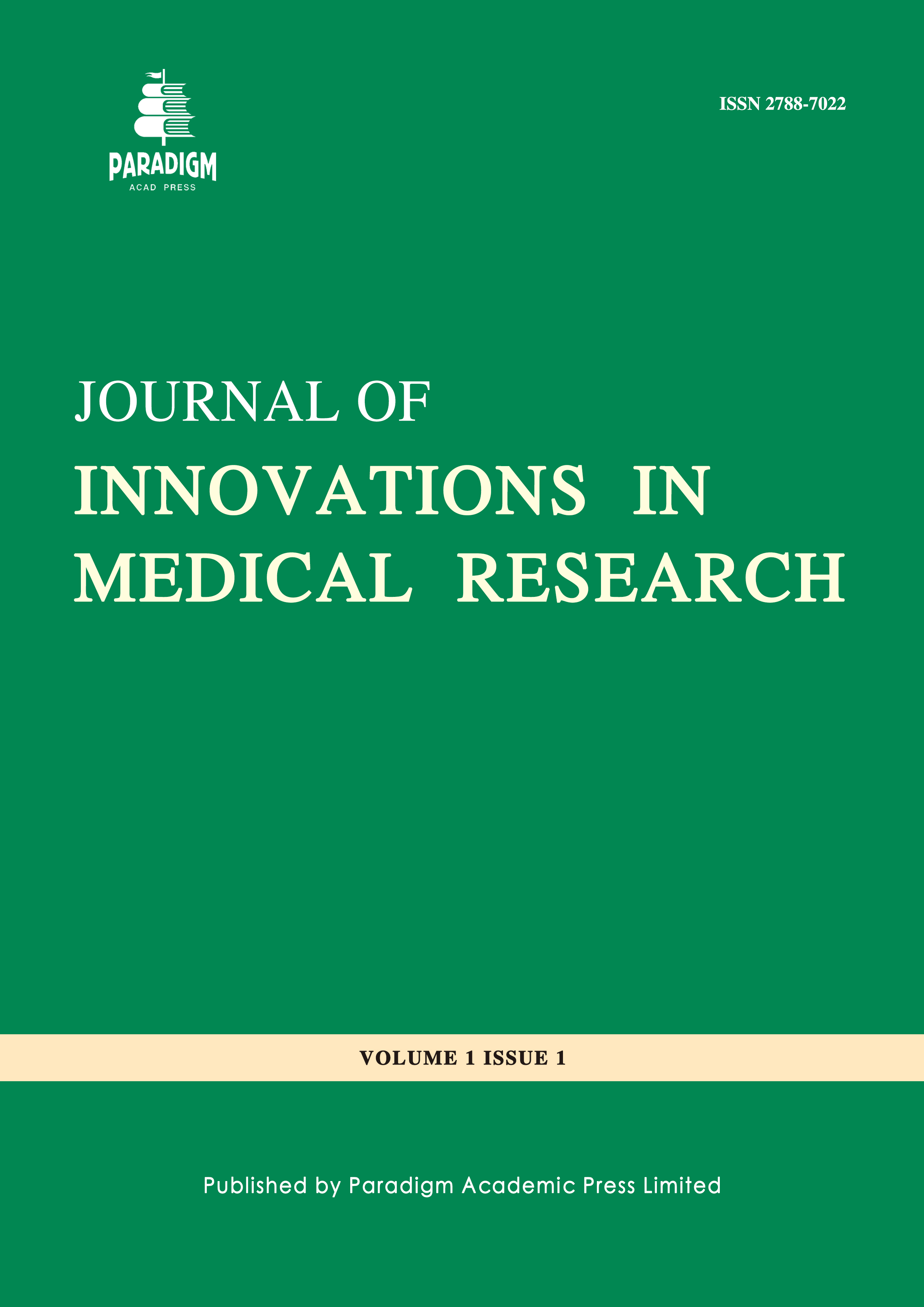Artificial Intelligence in Clinical Medicine: A SWOT Analysis of AI Progress in Diagnostics, Therapeutics, and Safety
DOI:
https://doi.org/10.63593/JIMR.2788-7022.2025.06.001Keywords:
artificial intelligence, machine learning, clinical medicine, laboratory medicine, infectious diseases, pharmacovigilanceAbstract
Artificial intelligence (AI) is increasingly recognized as a developing driver of innovation in clinical medicine, with reported advancements in diagnosis, treatment, and patient safety. Its capabilities may support new applications in care delivery and quality improvement, though the full extent of its impact remains under investigation. This analysis aimed to explore recent advances in AI across clinical laboratory medicine, infectious disease management, and pharmacovigilance, drawing insights from a peer-reviewed English literature published between 2019 and 2024. The study presented a descriptive literature review using the strengths, weaknesses, opportunities, and threats (SWOT) framework to examine recent AI developments in selected clinical domains, noting its emerging role and potential relevance in clinical settings. In clinical laboratories, AI has been associated with improved diagnostic accuracy and operational efficiency, while in infectious diseases, it has enabled rapid pathogen identification and precision-guided treatments. In pharmacovigilance, AI has been explored for its potential to enhance predictive analytics and real-time monitoring, which may have contributed to reducing medication-related errors and adverse drug events. Despite these reported benefits, AI adoption raised critical concerns, including data privacy, algorithmic bias, and the ongoing need for human oversight. Addressing these challenges is essential to promote ethical, transparent, and appropriate AI integration into clinical medicine. By addressing these complexities, AI may unlock new opportunities in personalized medicine, safety, and care delivery, positioning it as a supportive tool in the evolving landscape of clinical practice.



